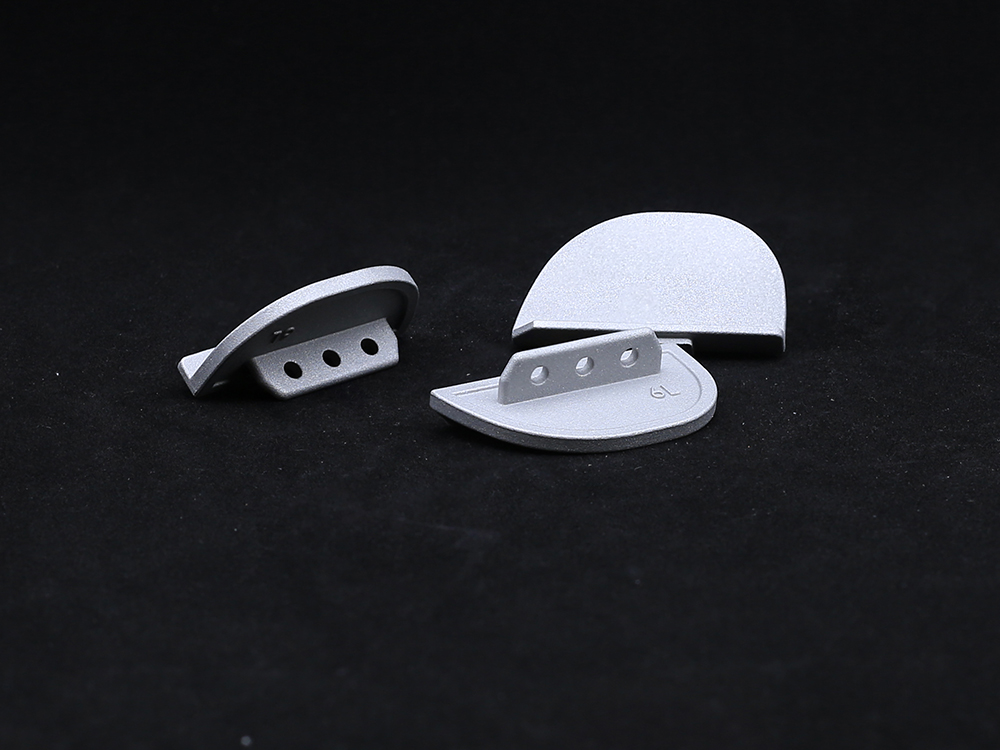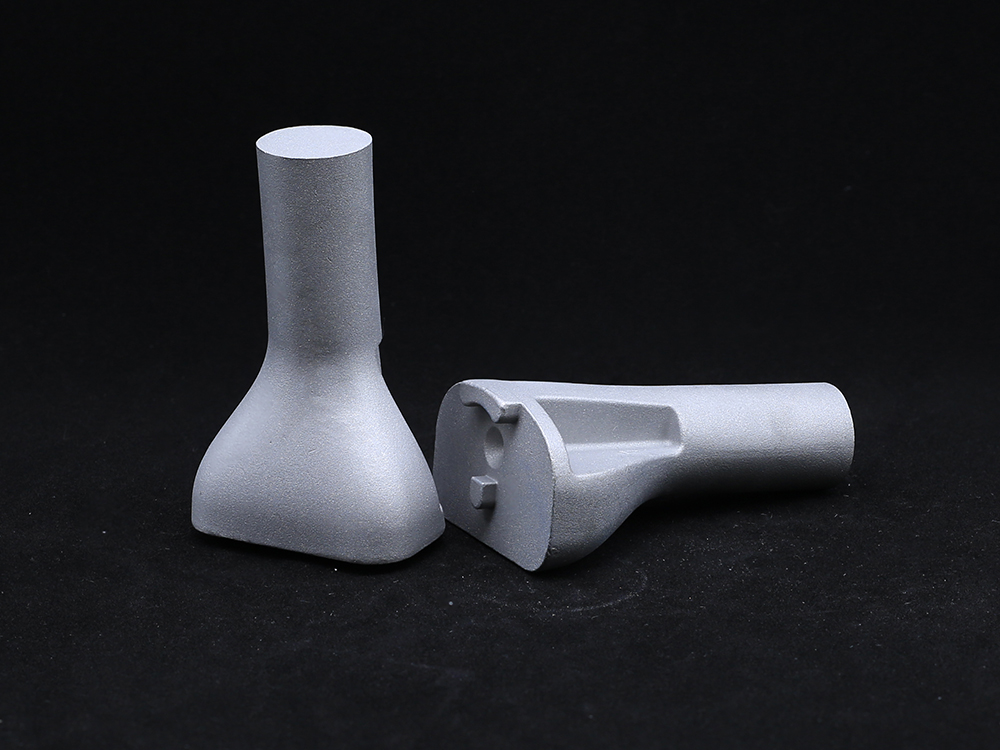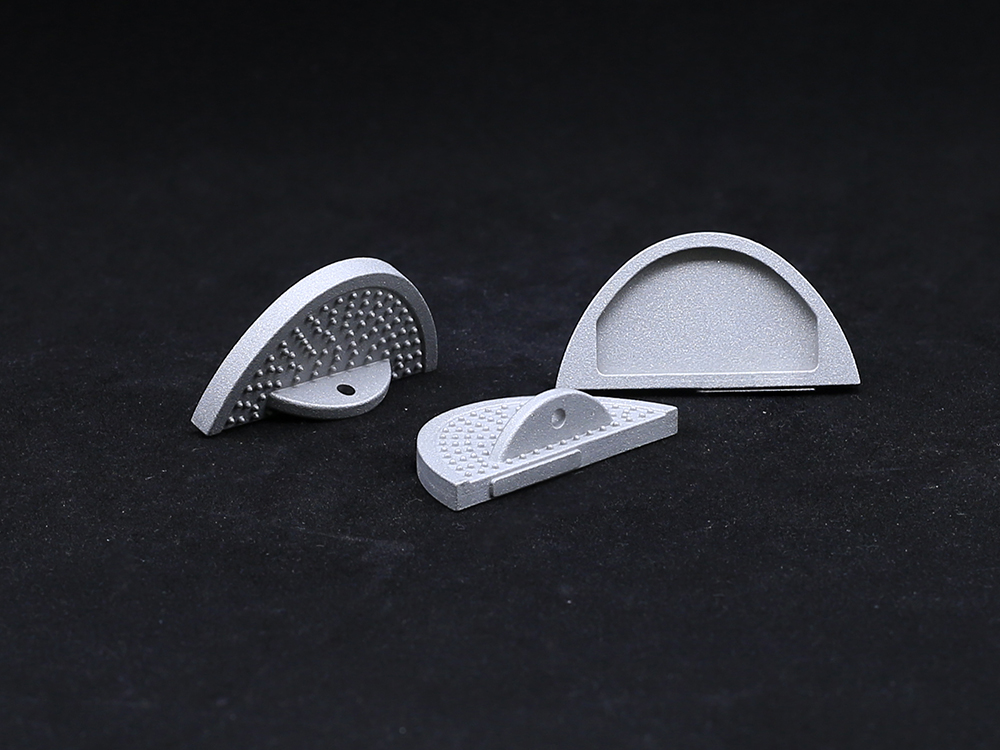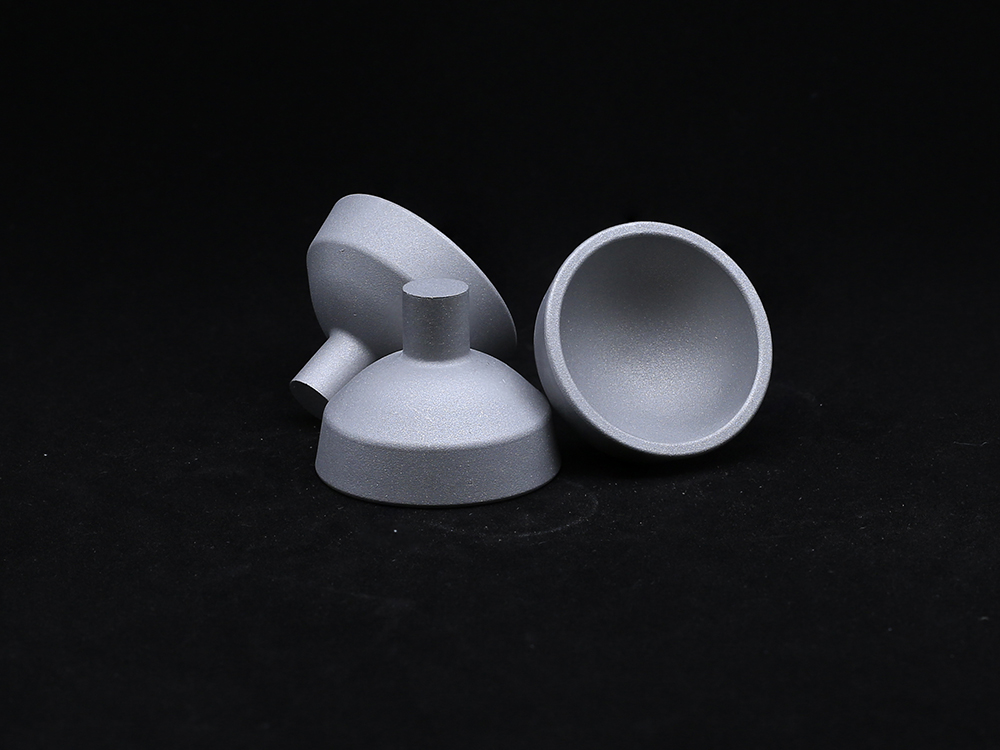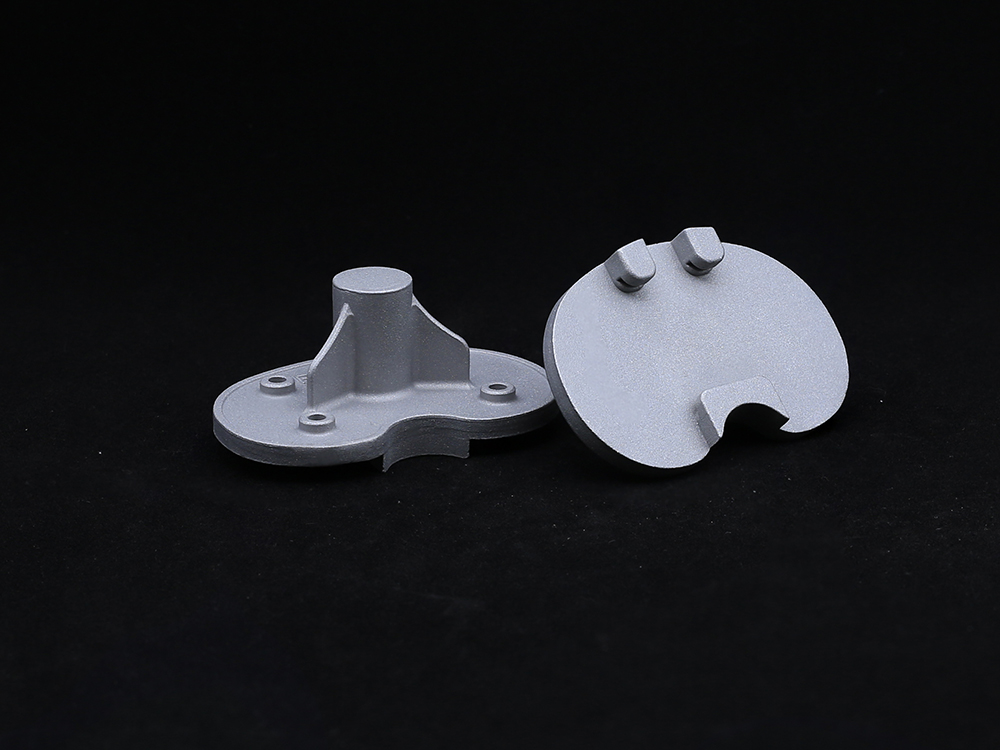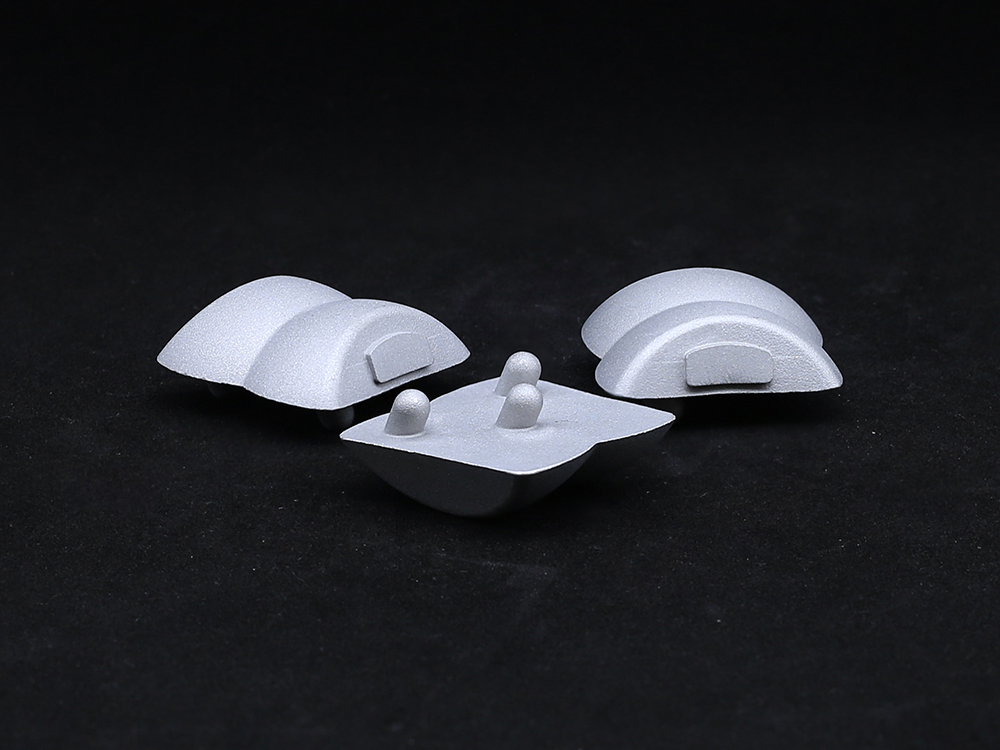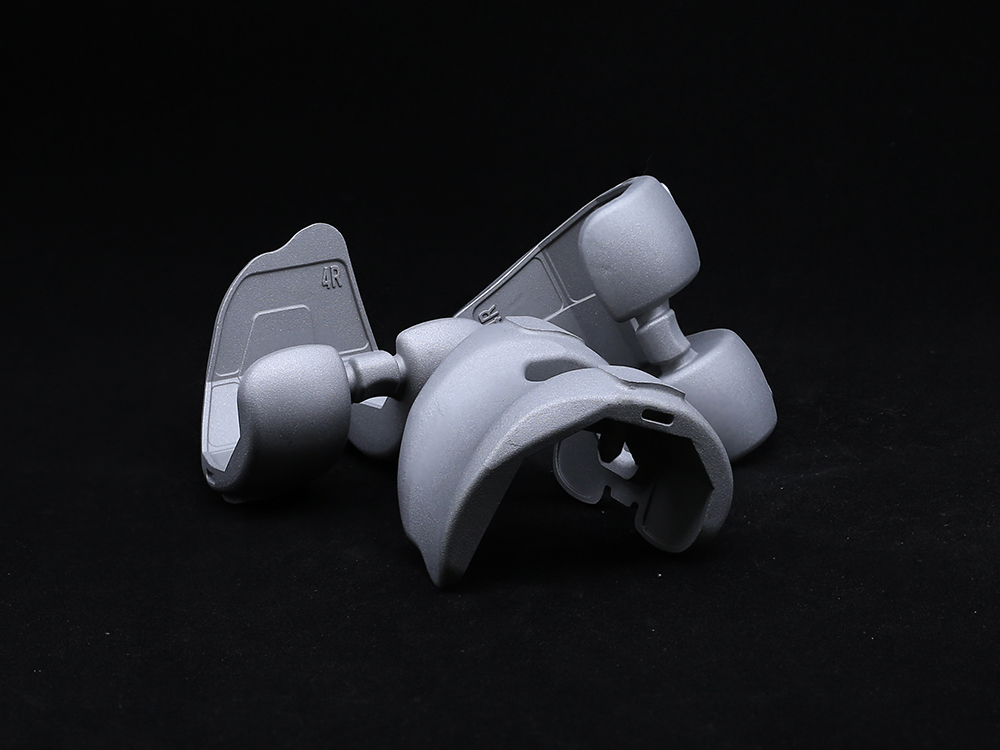A Guide to Modern Knee Surgery Types
When knee pain becomes chronic and affects daily life, surgery is often the recommended path to relief. Thanks to advancements in orthopedic medicine, there are now multiple knee surgery types designed to address a variety of joint conditions—from cartilage damage to severe arthritis.

Common knee surgery types include arthroscopic debridement, osteotomy, Partial Knee Replacement, and Total Knee Replacement. Each procedure serves a specific purpose. Arthroscopy is minimally invasive and best for early-stage problems, while osteotomy repositions the bones to relieve pressure. For those with advanced joint degeneration, joint replacement becomes the most effective option.
Choosing among the various knee surgery types depends on factors like patient age, activity level, degree of damage, and overall joint health. Consulting with an experienced orthopedic surgeon is crucial to determining the most suitable procedure that offers both longevity and improved quality of life.
Understanding Partial Knee Replacement: Precision for Localized Arthritis
For patients who suffer from arthritis in only one compartment of the knee, a Partial Knee Replacement (also called unicompartmental knee replacement) can be a highly effective solution. Instead of replacing the entire joint, only the damaged section is replaced with a prosthetic implant.
Partial Knee Replacement offers several advantages over total replacement, including smaller incisions, shorter hospital stays, and faster recovery times. Because the surgery preserves much of the natural bone and ligament structure, patients often experience more natural joint movement after recovery. This procedure is ideal for relatively younger, active individuals with arthritis limited to one part of the knee—usually the medial (inner) side.
However, not every patient qualifies for Partial Knee Replacement. It requires intact ligaments and proper knee alignment. Advanced imaging and clinical evaluation help surgeons determine whether a patient is a candidate for this more conservative surgical approach.
What to Expect with Knee Replacement Surgery Cost
One of the most common questions from patients is: “What is the average knee replacement surgery cost?” The answer depends on the type of surgery performed, the hospital or surgical center chosen, insurance coverage, and geographic region.
In the United States, the average knee replacement surgery cost ranges between $30,000 and $50,000 for total replacement. Partial Knee Replacement is usually less expensive, ranging from $20,000 to $35,000. These estimates generally include surgeon fees, hospital stays, anesthesia, the prosthetic implant, and physical therapy sessions.
However, out-of-pocket costs can vary significantly. Patients with insurance may only pay a fraction of the total cost, while those paying privately or undergoing surgery abroad might face different pricing structures. Medical tourism destinations such as India, Mexico, and Thailand often offer competitive knee replacement surgery cost without compromising care standards.
For those without comprehensive insurance, hospitals may offer financing plans, payment assistance, or bundled packages that make this life-changing procedure more accessible.
Comparing Knee Surgery Types: Which Is Right for You?
Let’s break down how different knee surgery types compare in terms of purpose, invasiveness, recovery time, and long-term results.
Choosing among these knee surgery types requires a personalized approach. While Partial Knee Replacement can offer faster return to activity, total replacement may be necessary for older adults or those with multi-compartmental damage. An orthopedic evaluation will consider bone structure, lifestyle, severity of damage, and overall health to recommend the most suitable option.
Investing in Your Future Mobility: Making Knee Replacement Worth the Cost
It’s natural to focus on the knee replacement surgery cost, but what you’re truly investing in is the ability to walk pain-free, sleep comfortably, and regain independence. Whether you’re choosing Partial Knee Replacement or another surgical route, the benefits often outweigh the financial and emotional burden of chronic knee pain.
Modern implants are designed to last 15 to 25 years or more, and recovery programs are more streamlined than ever before. Post-surgery physical therapy is essential but highly effective in restoring strength and flexibility. For active adults, the outcome is often a return to recreational activities like walking, swimming, and even sports like golf or cycling.
Many hospitals now offer patient education programs to guide you through pre-surgical preparation, post-op expectations, and insurance billing processes—ensuring you’re confident every step of the way.
Knee surgery FAQs
What are the main types of knee surgery available?
There are several knee surgery types, including arthroscopic surgery (for minor repairs), osteotomy (to shift bone alignment), Partial Knee Replacement (for localized arthritis), and total knee replacement (for advanced joint degeneration). The choice depends on the extent of damage and the patient’s overall health and lifestyle.
Who is a good candidate for Partial Knee Replacement?
Patients with arthritis limited to one part of the knee, good overall health, and strong surrounding ligaments are ideal candidates for Partial Knee Replacement. It’s best suited for those who are relatively active and not significantly overweight. A full orthopedic evaluation, including X-rays or MRIs, will determine eligibility.
How much does knee replacement surgery cost with and without insurance?
The average knee replacement surgery cost is $30,000–$50,000 for a total replacement and $20,000–$35,000 for partial. With insurance, your out-of-pocket costs may drop significantly. Without insurance, some facilities offer payment plans or discounts for upfront payment. Always ask for a full cost breakdown before scheduling surgery.
Is Partial Knee Replacement better than total knee replacement?
Partial Knee Replacement offers a quicker recovery, more natural movement, and fewer complications when appropriate. However, total knee replacement is more suitable for patients with widespread damage or multiple joint compartments involved. Your surgeon will recommend the best option based on diagnostic results.
How long is the recovery after knee replacement surgery?
Recovery varies based on the procedure. Most Partial Knee Replacement patients return to normal activity within 6–8 weeks, while total knee replacement may take 10–12 weeks for full mobility. Physical therapy, pain management, and adherence to post-op instructions all impact the speed and success of recovery.
Get a Custom Solution!
Contact Us To Provide You With More Professional Services

